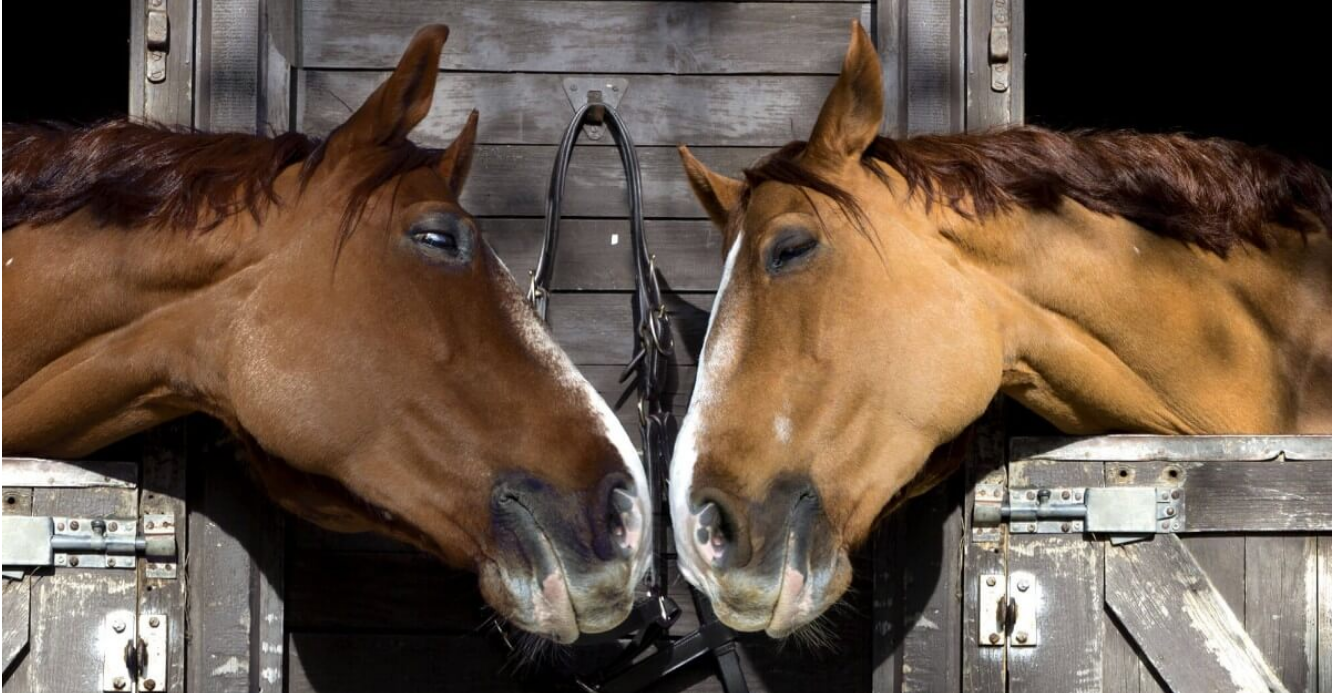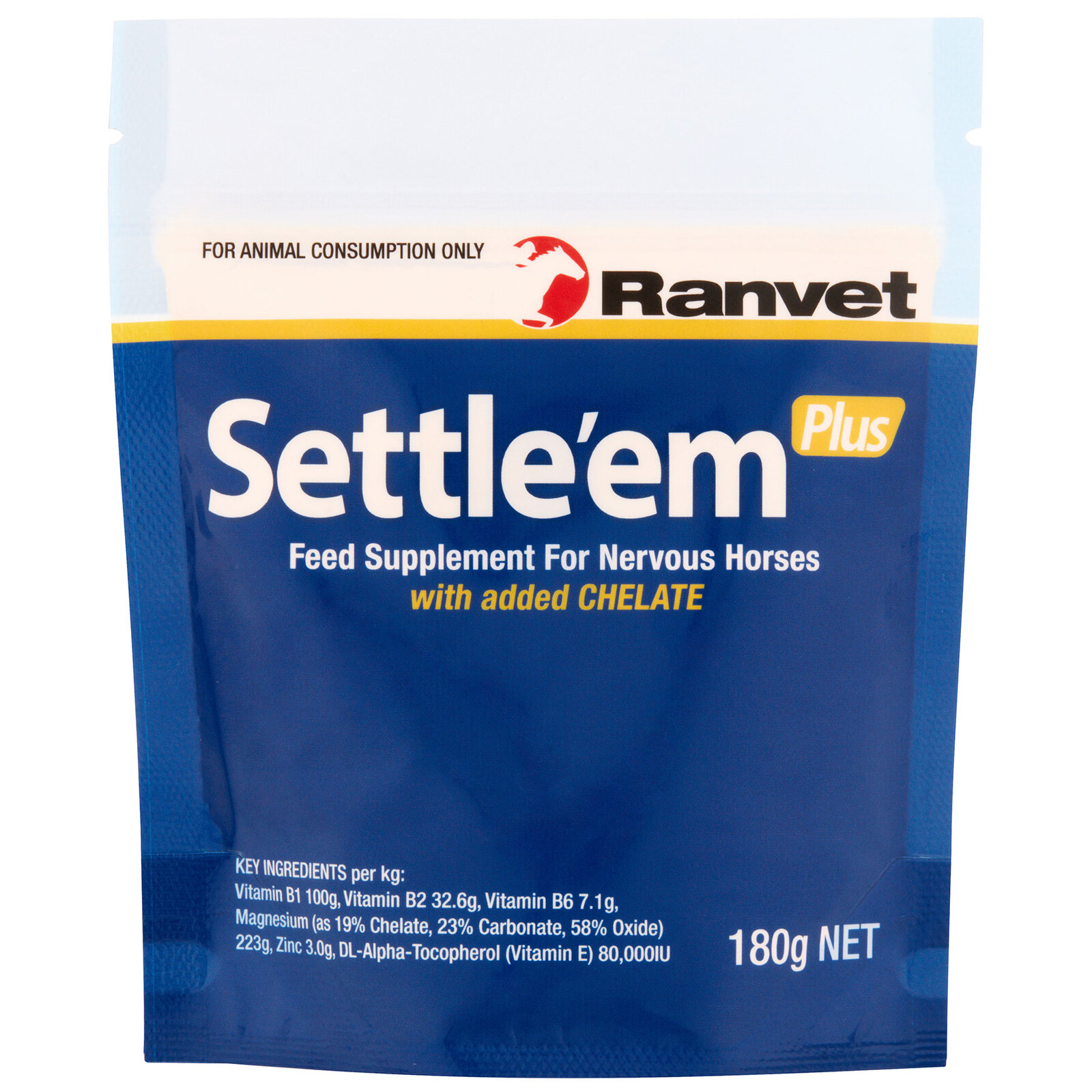Feeding Horses with Anxiety Issues: A Comprehensive Guide

Feeding horses that suffer from anxiety requires special attention to their dietary needs and overall well-being. Anxiety in horses can manifest as nervousness, restlessness, or even physical symptoms that affect their digestion and behavior. This article explores effective feeding strategies, nutritional considerations, and practical tips to help manage anxiety through diet.
Understanding Anxiety in Horses
Anxiety in horses can be triggered by environmental stressors, changes in routine, or underlying health issues. Recognizing the signs of anxiety, such as pacing, sweating, or refusal to eat, is crucial for timely intervention.
Nutritional Needs for Anxious Horses
- High-Quality Forage: Providing consistent access to good-quality hay or pasture helps maintain digestive health and reduces stress.
- Balanced Diet: Incorporate a balanced mix of fiber, protein, vitamins, and minerals tailored to the horse’s age, workload, and health status.
- Avoid Excessive Sugars and Starches: These can exacerbate anxiety symptoms by causing spikes in blood sugar and energy levels.
Feeding Strategies to Reduce Anxiety
| Strategy | Description | Benefits |
|---|---|---|
| Small, Frequent Meals | Feeding smaller portions multiple times a day | Stabilizes blood sugar, reduces hunger-induced stress |
| Consistent Feeding Times | Maintaining a regular feeding schedule | Provides routine and predictability, calming the horse |
| Soothing Supplements | Adding calming supplements like magnesium or tryptophan | Supports nervous system health and relaxation |
Practical Tips for Feeding Anxious Horses
- Create a calm feeding environment free from loud noises and distractions.
- Use slow feeders or hay nets to prolong feeding time and mimic natural grazing.
- Monitor the horse’s weight and condition regularly to adjust the diet as needed.
FAQ
Q1: Can diet alone cure anxiety in horses?
A1: While diet plays a significant role in managing anxiety, it should be part of a holistic approach including environmental management and veterinary care.
Q2: What are some calming supplements safe for horses?
A2: Common supplements include magnesium, tryptophan, and certain herbal blends, but always consult a veterinarian before use.
Q3: How often should I feed an anxious horse?
A3: Feeding smaller meals 3-4 times daily is generally recommended to maintain stable energy levels.
By understanding and addressing the unique dietary needs of anxious horses, owners can significantly improve their animals’ comfort and quality of life. Implementing these feeding strategies can help reduce anxiety symptoms and promote a healthier, happier horse.
